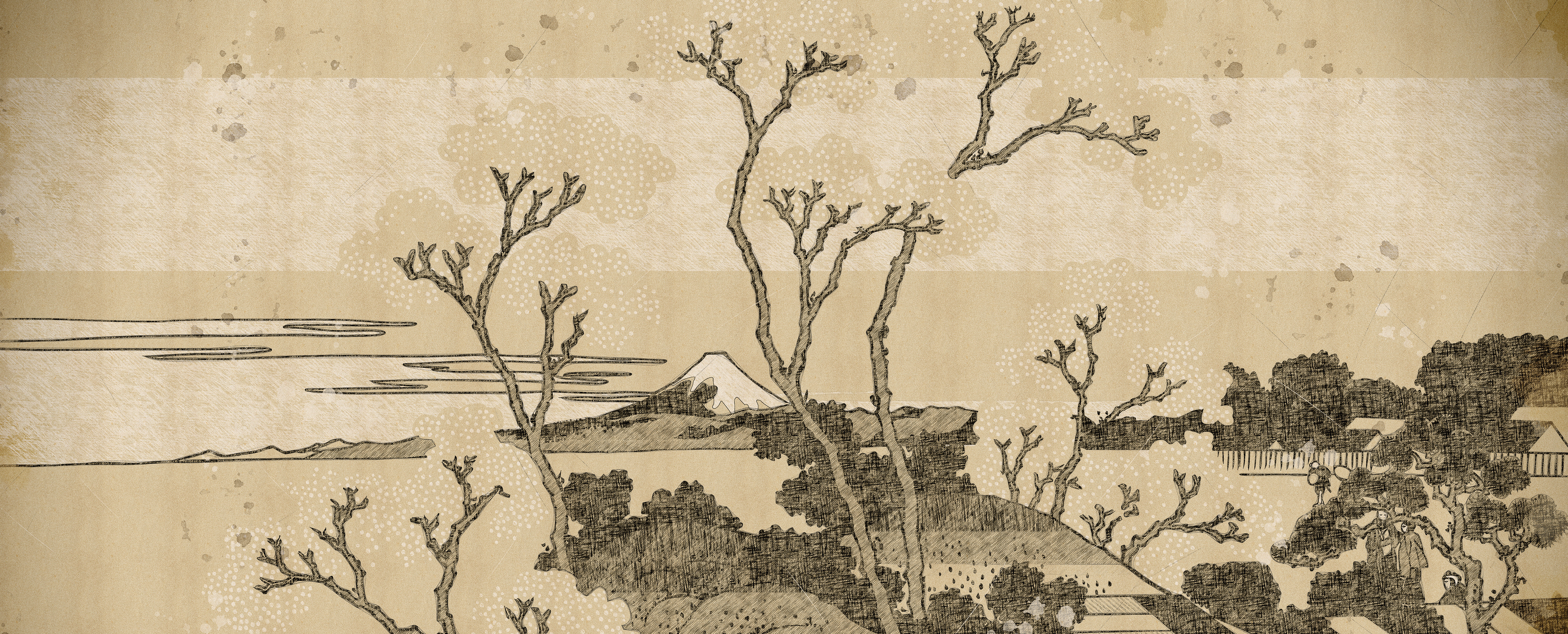Naming Traditions
Naming conventions and traditions vary greatly in Fusō depending on ethnicity, social class and gender. To the people of the land, names hold great meaning and significance.
Yayoi
The Yayoi are the most populous ethnic group in Fusō. Their naming traditions vary greatly depending on social standing and hierarchy, especially for men.Male Aristocracy
Men of the upper classes and high-ranking military leaders are the only members of society to have surnames or clan names called myōji. Once they reached adulthood - celebrated with ceremony called genpuku - a man would discard his personal birth name in favour of two new names. The types of names used by men are:- Myōji - the family or clan name. The meaning of these names often came from the local geography of where they lived. For example, the Furuyama (meaning 'old mountain') are named for the volcano on which they live. The myōji is usually followed by the partical no (meaning 'of').
- Yomyō - the name bestowed on young boys at birth.
- Zokumyō - the 'common' name a man would take upon coming of age. Usage of this name is reserved for family and close friends. The name is composed of two parts - an adjective, followed by the bearer's order of birth within the family. For example, Ryutaro was the eldest son of Furuyama no Sadanori, while Ryujiro was his second son.
- Nanori - the 'true' name a man would take upon coming of age. This name is only used in formal settings and occasions.
- Myōji no Nanori (e.g. Kinoshita no Akihide)
- Myōji Zokumyō Nanori (e.g. Kinoshita Totaro Akihide)
Male Commoners
Men of low birth would use the same name their life. In the place of surnames, they would often say they were "of" their homeland.Women
Women of all social standings would use the same name from birth. While male names are mostly derived from adjectives, feminine names favour nouns, particularly flowers and plants.Jōmon
Those of the Jōmon ethnic group will be given a temporary name at birth. These names are usually vulgar or crass words in their language, such as Shontaku (meaning 'dung') or Ayay ('crying baby'). These names are genderless and are said to protect the infant from malicious spirits. Once a child reaches the ages of 3-4, they are then given a true name that often reflects their personality and gender. When an individual passes away, the community will no longer speak their name.Remove these ads. Join the Worldbuilders Guild









Comments